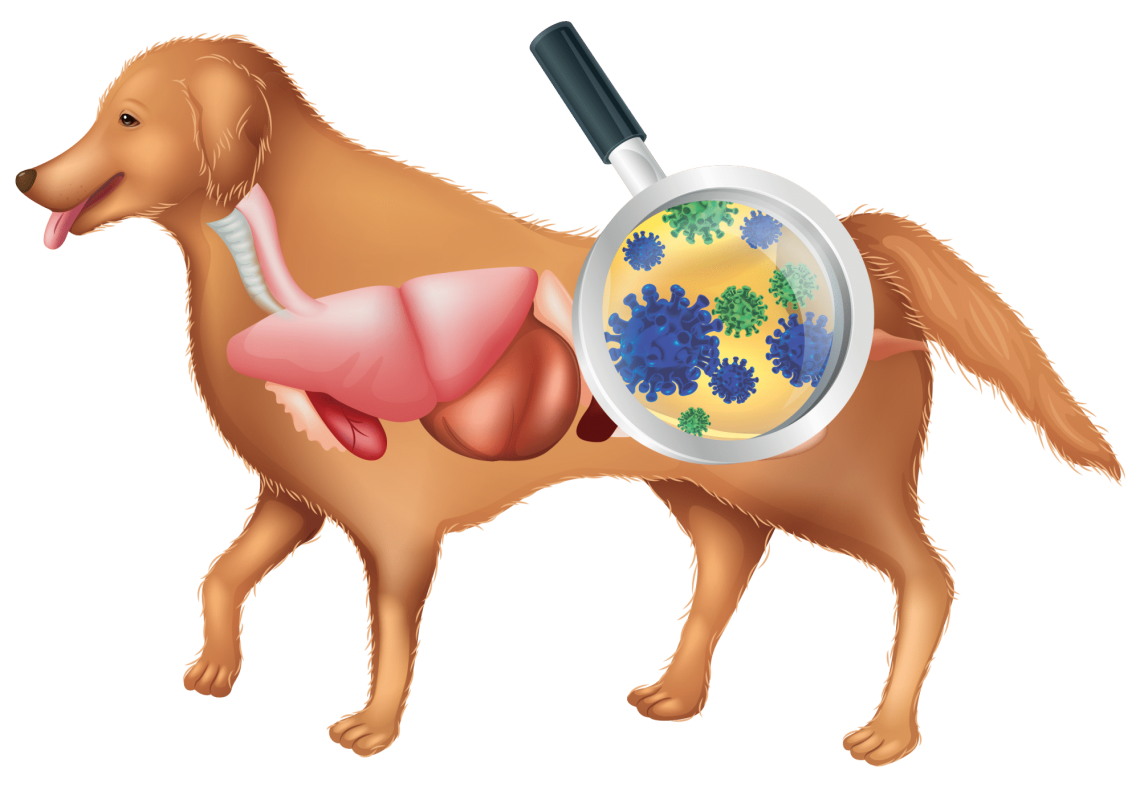
Animal Microbiomes and why They Matter!
|
Your animal companion’s gut is one of the key aspects of their overall well-being. I first heard the term “microbiome” five years ago working with a nutritionist on my digestive issues. Balancing my microbiome allowed me to return to peak health. A balanced microbiome is essential to a strong immune system and stabilized mood, among many other things. Seventy to eighty percent of your immune system is located in your gut and your gut produces neurotransmitters including 90% of your serotonin, a key feel-good brain chemical. Research suggests that a diverse, well-balanced gut microbiome supports overall health and longevity by making your pet more resilient to disease, environmental factors, parasites, and other potential threats to their wellness. Bacteria, viruses, fungi and other microscopic living things are referred to as microbes. Trillions of these microbes exist primarily inside your intestines and on your skin. Most of the microbes in your intestines are found in a “pocket” of your large intestine called the cecum, and they are referred to as the gut microbiome. The gut microbiome affects the body from birth and throughout life by controlling the digestion of food, immune system function, central nervous system function, your cardiovascular health and multiple other bodily processes. An imbalanced microbiome can lead to weight gain and digestive issues such as irritable bowel syndrome. I lost 15 pounds by balancing my microbiome! Balancing the gut can also stabilize blood sugar levels and support animals pre-disposed to diabetes. Imbalanced gut microbiomes can be related to food allergies and skin issues. It’s important to restore the microbiome to support your animals against developing additional sensitivities. Some ways to support your animal’s microbiome include the following:
If your animal companion’s microbiome is severely imbalanced, you may want to request microbiome testing and other measures may be necessary, but the tips above should help keep the microbiome in relatively good shape! This is such an important topic that there are companies that focus specifically on the microbiome and veterinarians that offer fecal cell transplants!
|
|
|
